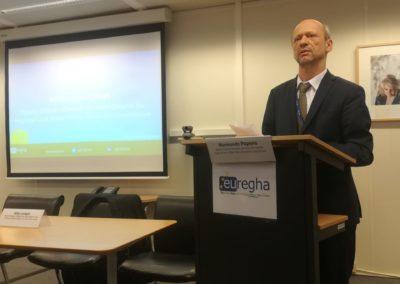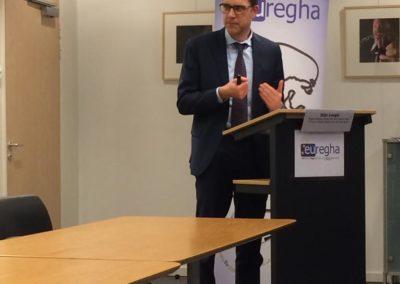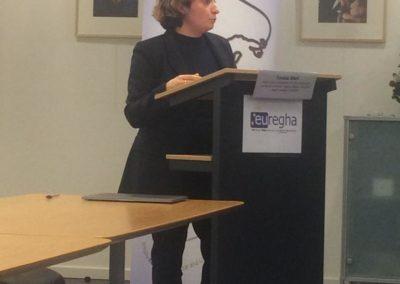
On 5 December, EUREGHA – the reference network of European Regional and Local Health Authorities – held its high-level annual conference “Towards a healthy and cohesive Europe”. Various health experts were brought together to discuss the future of ESI funds for health.
Even though health was not a specific priority among the 11 thematic objectives of the ESIF 2014-2020, the European Social Fund (ESF) and the European Regional Development Fund (ERDF) covered health investments in improving access to healthcare, reducing health inequalities, and boosting healthcare reforms for around €9 billion. With more than 7,000 health-related projects financed in the programming period 2014-2020, cohesion policy demonstrated its crucial contribution to supporting social and economic convergence around Europe and helping to ensure the health of EU citizens.
As cohesion policy is one of the main European policy and investment instrument to achieve the EU treaty objective of economic, social, and territorial cohesion, significant resources should be allocated to investments in health prevention and promotion, health care and health infrastructures within the Multiannual financial period 2021-2027. To this extent, it is important to foster a positive dialogue among European, national and regional public authorities, industry, and civil society to ensure these investments genuinely contribute towards more equitable access to healthcare and improved wellbeing for citizens, as well as more efficient, resilient and sustainable health systems.
Normund Popens, Deputy Director General for Regional Policy at the European Commission started the conference with a keynote speech. He emphasized that this is the right time to think about how funds are distributed. He stated it is crucial to identify existing gaps in the healthcare by working together with healthcare professionals in order to make precise investments.
After the keynote speech, moderator and EUREGHA chair Nick Batey led the engaging audience through interventions of Commission officials (DG CONNECT AND DG SANTE) and regional experts from Flanders and Tuscany. The afternoon was concluded by a multi-stakeholders panel debate with participating representatives from the private and public sector on the topic of building a common vision for health.








